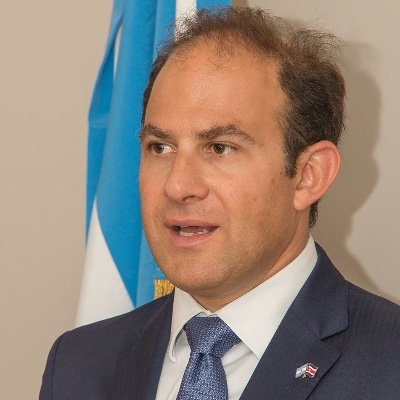40 Years from the Cold War KAL 007 Flight Tragedy

By: Mariano Caucino - 07/09/2023
Share:
The shooting down of a Boeing 747, with 269 passengers on board, by a Russian fighter while it was flying over Soviet territory without authorization, was one of the most dangerous incidents of the Cold War.
The events occurred on September 1, 1983, exactly four decades ago, in the midst of one of the most complex instances of the bipolar confrontation between the United States and the Soviet Union.
The Kremlin’s decision to invade Afghanistan in late December 1979, had caused a collapse in relations between Washington and Moscow and had definitively closed the times of Detente. The arrival of Ronald Reagan to the White House in January 1981 had led the leaders of the CPSU Politburo to believe that the US really had a leader willing to launch a nuclear attack.
But perhaps it is worth reviewing how the tragedy of flight KAL 007 occurred. Since the episode shocked the world and contributed to seriously deteriorating the Soviet regime image on a global scale.
On the night of August 31 to September 1, the Korean Airlines Boeing 747 that covered the New York-Seoul route -with a stopover in Anchorage (Alaska)- made its regular service. Among the passengers was US Congressman Larry McDonald (D-Georgia). More fortunate had been the ultra-conservative Senator Jesse Helms (R-North Carolina), who had reserved a seat on flight KAL 015, which covered the same route with barely half an hour difference.
But a misfortune awaited the 269 people who boarded flight KAL 007. Because in the middle of the night, and as a result of an error in the navigation system, the Korean aircraft entered Soviet airspace. Without the pilots noticing that they were flying over the Kamchatka peninsula, in Soviet territory. A circumstance that led to a tragedy. Because the Soviets mistook the Korean plane for an American reconnaissance airplane leading to the fatal decision to shoot him down. Later, the Soviet authorities will affirm that they were unaware that it was a commercial flight.
But the tragedy reaffirmed US President Ronald Reagan’s convictions. On the 5th, in a speech from the Oval Office, he declared that the pilot could not confuse the fact that it was a commercial airplane and described the fact as “a crime against humanity”. A belief endorsed by US Ambassador to the United Nations Jeanne Kirkpatrick who denounced that “the Soviets decided to shoot down a civilian plane and then lied about it.”
Naturally, the event contributed to destroying the image of Moscow. Especially since the Politburo cynically only admitted its responsibility several days later. As a consequence -apparently- of the closed refusal to admit the facts by Soviet General Secretary Yuri Andropov and Defense Minister Dmitri Ustinov.
Years later, the legendary Soviet ambassador to Washington, Anatoly Dobrynin, admitted in his Memoirs (“In Confidence – Moscow´s Ambassador to America´s six Cold War Presidents”, 1995) that the regime “waited until September 6 when an official statement from the TASS Agency acknowledged that the plane was mistakenly shot down by a Soviet fighter. Dobrynin, who served as Soviet Ambassador to the US between 1962 and 1986, conceded that "the permanent interests of the Soviet Union had already been seriously damaged by then. The seeds of the anti-Soviet campaign, ever present in the West, immediately spread and took on new life”.
As it is known, endless conspiracy theories arised around the KAL 007 flight, but the truth is that the American-Soviet relations were poisoned after the episode. Then CIA deputy Robert Gates, later the agency’s chief and Defense Secretary, made it clear years later that main conclusions suspect the Soviets on the ground mistook the plane. That understanding was confirmed in the following decade when Russian President Boris Yeltsin turned over to the UN’s International Civil Aviation Organization the black box transcripts of flight KAL 007.
During the early 1980s, relations between the two superpowers were then going through a period of high turmoil. To the point that on March 8 of that year, during a speech before the Annual Convention of the National Association of Evangelicals, in Orlando (Florida), Reagan had assured that Moscow was not only a strategic rival, but the expression of a disgraceful totalitarianism that sought to dominate the world. To the extreme of ensuring that the Kremlin commanded nothing less than an “Evil Empire”.
Mariano A. Caucino is a foreign policy analyst. He served as Argentine Ambassador to Costa Rica and to the State of Israel. Member of the InterAmerican Institute for Democracy.
«The opinions published herein are the sole responsibility of its author».